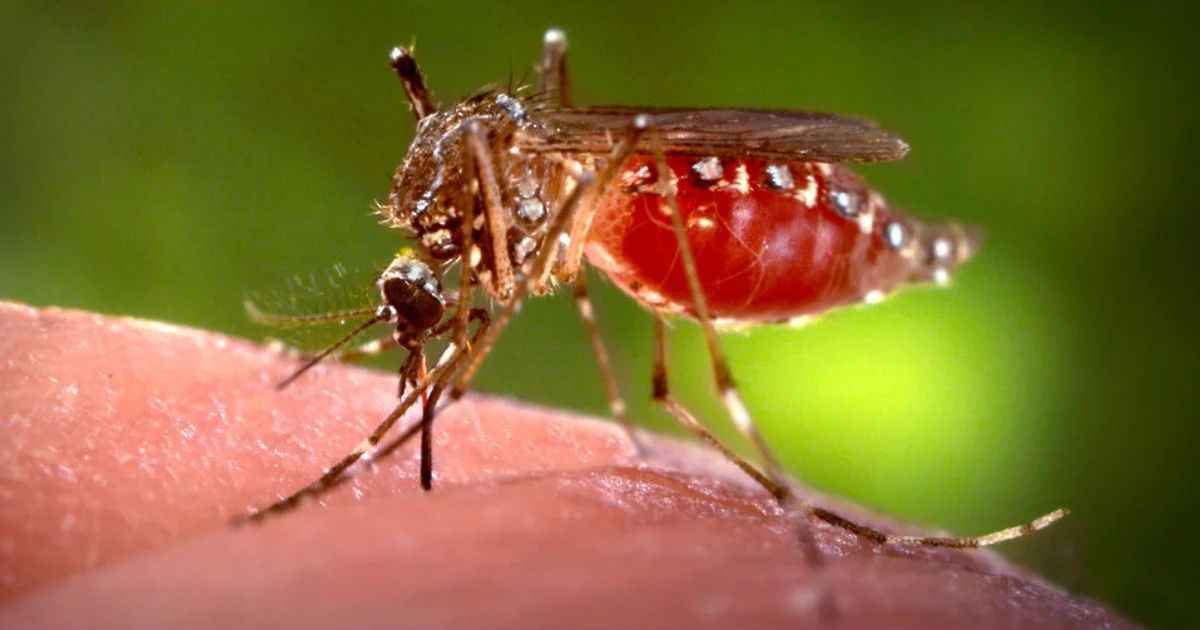
In the midst of a climate characterized by high temperatures and increased precipitation, the Centers for Disease Control and Prevention (CDC) issued an alert due to the rise in dengue cases in the United States.
The notice, issued on June 25th in the Health Alert Network, informs healthcare providers, public health authorities, and the population about the increased risk of infection at this stage, in line with the international trend reported in 2024.
According to the document, this year the highest rate of dengue cases has been detected, as "from January 1 to June 24, 2024, countries in the Americas reported more than 9.7 million dengue cases, double the number in all of 2023 (4.6 million cases)."
Likewise, the alert, also disseminated on the social network X, points to the resurgence of dengue cases worldwide after the COVID-19 pandemic, as more than 4.6 million cases and 4,000 deaths were reported in the region in 2023. It also highlights the impact of the climate during this time of year on dengue transmission, which "peaks during the hottest and wettest months in many tropical and subtropical regions."
This increase is not foreign to the American territory, as recent reports indicate that Puerto Rico declared a public health emergency (1,498 cases), while 745 sick individuals were identified among travelers from the North American country.
The alert instructs healthcare providers to take certain precautions, including monitoring individuals with fever who have been in areas with frequent or ongoing transmission within the previous 14 days, and requesting appropriate diagnostic tests.
In addition, the text recommends promoting measures to prevent mosquito bites, with special attention to territories and freely associated states classified as areas with frequent or continuous transmission of dengue: Puerto Rico, American Samoa, the United States Virgin Islands, the Federated States of Micronesia, the Republic of the Marshall Islands, and the Republic of Palau.
In the rest of the country, transmission has been limited, "with sporadic cases or small outbreaks in Florida, Hawaii, and Texas"; however, the document also notes the detection of cases in Arizona and California.
Recently, the Florida Department of Health reported on the increasing statistics related to the disease, mainly imported cases from Cuba, and detailed that between January 1 and May 21, the state reported 180 cases of dengue, mostly in Miami-Dade County.
The CDC reminded that the symptoms of the disease appear after an incubation period of five to seven days and "present as fever accompanied by signs and symptoms such as nausea, vomiting, rash, muscle aches, joint pain, bone pain, behind the eyes, and headache, or low white blood cell counts."
Likewise, it warned that a more severe form of the disease has been observed, which includes persistent vomiting, fluid accumulation, bleeding from the nose or gums, enlargement of the liver, fatigue, and abdominal pain.
What do you think?
CommentFiled under: